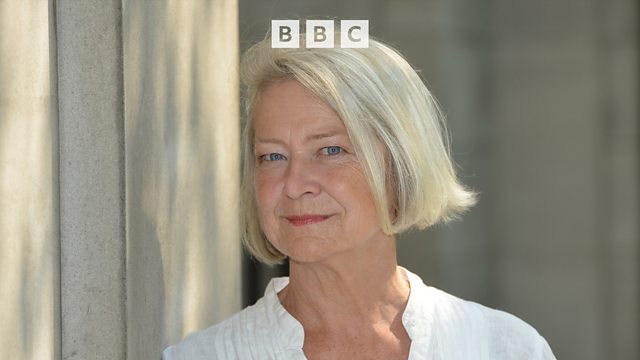The Threat of Rising Waters in Bangladesh
Environmental destruction in Bangladesh, restored ties to Jews who left Morocco, plus rough justice in Iraq, tales from an Irish traveller, and Latvia's Russian-speaking population
Rivers and the sea have long-battered waterfront villages in Bangladesh, but this is a problem now made worse by climate change. Many people have had to flee several times, as land erodes and their homes crumble. Qasa Alom went to meet those forced to repeatedly restart their lives, and joins locals working on a solution to provide more permanent sanctuary.
Morocco was once home to a thriving Jewish community, who began an exodus from the country in the 1950s as relations deteriorated between the Arab world and Israel. At its peak, there were several hundred thousand Jews living in the country, many in the coastal town of Essouira. With diplomatic relations between Morocco and Israel now restored, some citizens of Essouira are reaching out to Israelis. Elizabeth Gowing found herself wondering whether tensions of the recent past really can be replaced by fonder memories of a one-time shared communal history.
When the US and its allies overthrew Saddam Hussein, they promised a new era for the people of Iraq, providing democracy, freedom, and also the rule of law. Iraq does now have a functioning legal system, with police, lawyers, and courts to try cases. But when Shelly Kittleson bumped into an old acquaintance, she was reminded of how justice often works in practice, for those caught up in what is an overburdened system, fraught with delays, lack of training and sometimes corruption too.
People from Ireland have often suffered from negative stereotypes, and sometimes from outright discrimination. However, there is one group which claims to be on the receiving end of particular contempt: Irish travellers. That prejudice is not just found abroad, but also in Ireland itself, they say, with reduced access to education, to healthcare and employment. Chris Page has been hearing stories of one man from an old Irish travelling family.
Vladimir Putin has sought to justify his invasion of Ukraine by citing those in the country who speak Russian as their first language. Russian-speakers, Mr Putin claims, actually see themselves as Russian, rather than Ukrainian. It is a claim which has been rejected by Ukraine, and yet it potentially threatens the position of Russian-speakers elsewhere in Eastern Europe: is their loyalty to Moscow first, some ask? Latvia has around half a million Russian speakers, and relations are not always easy, discovers Beth Timmins.
Podcast
-
![]()
From Our Own Correspondent
Insight, wit and analysis as 麻豆社 correspondents tell stories beyond the news headlines.


